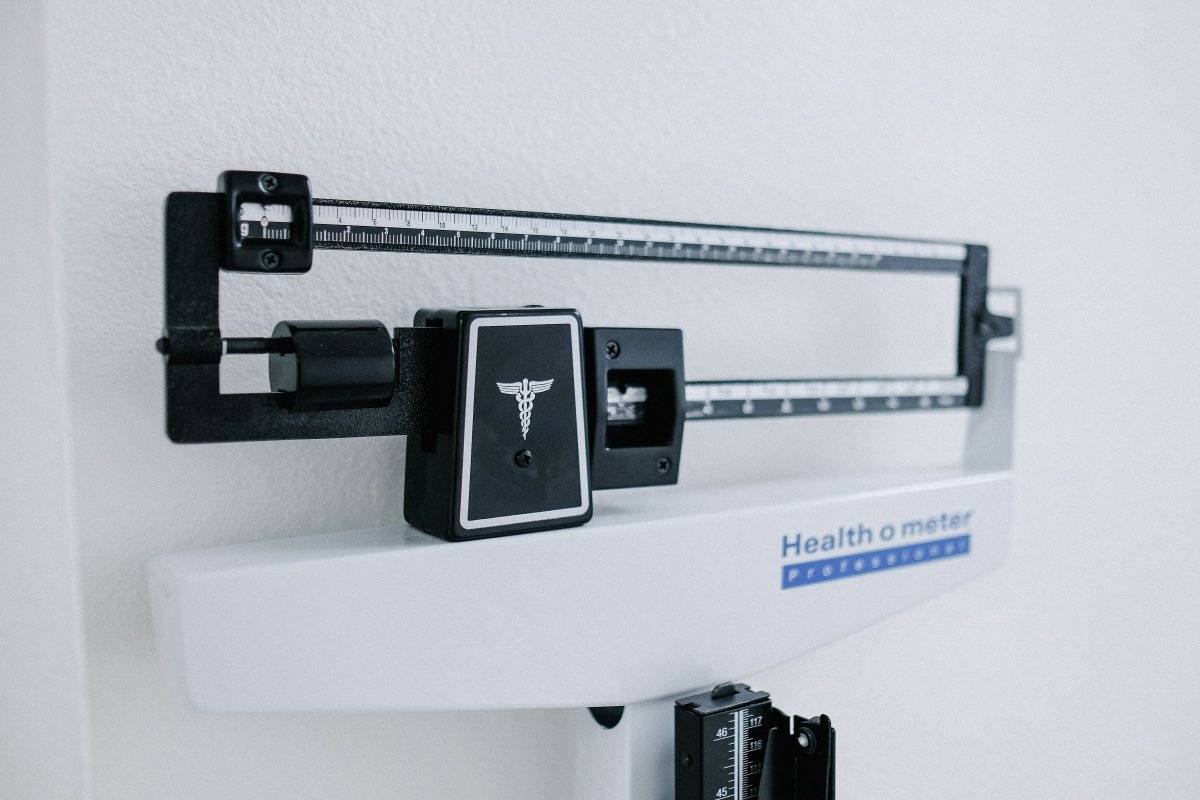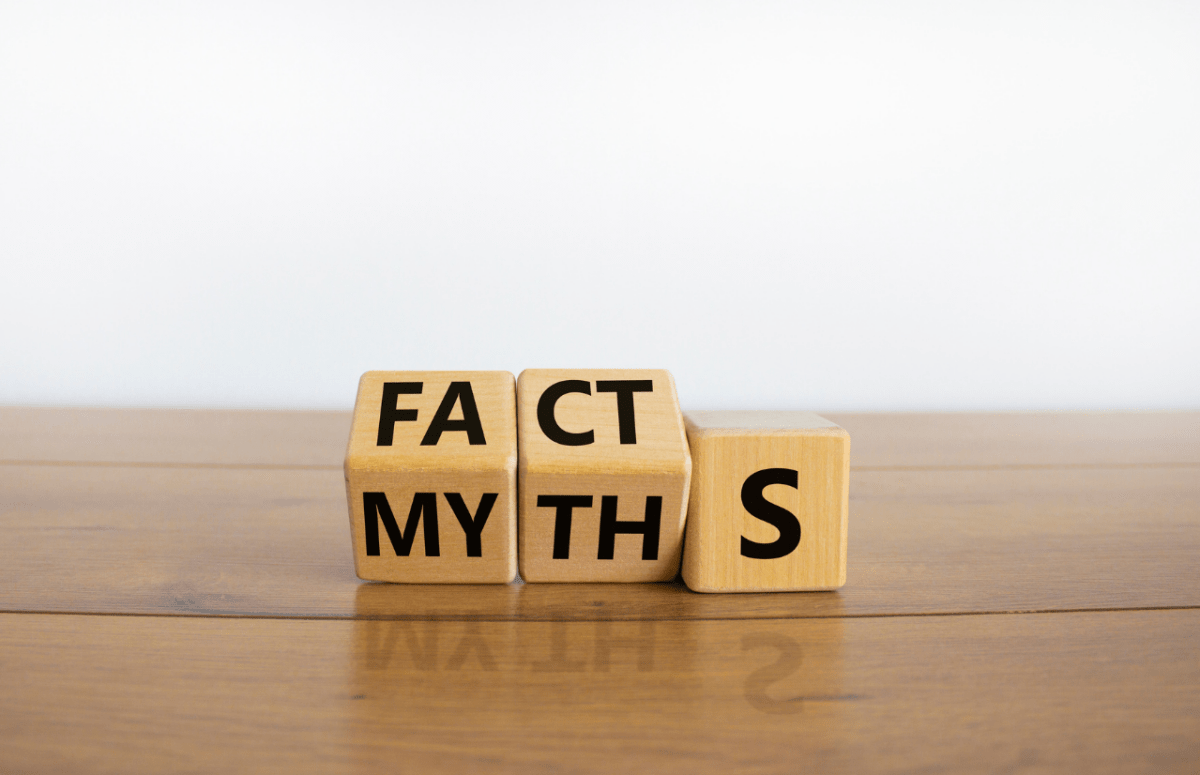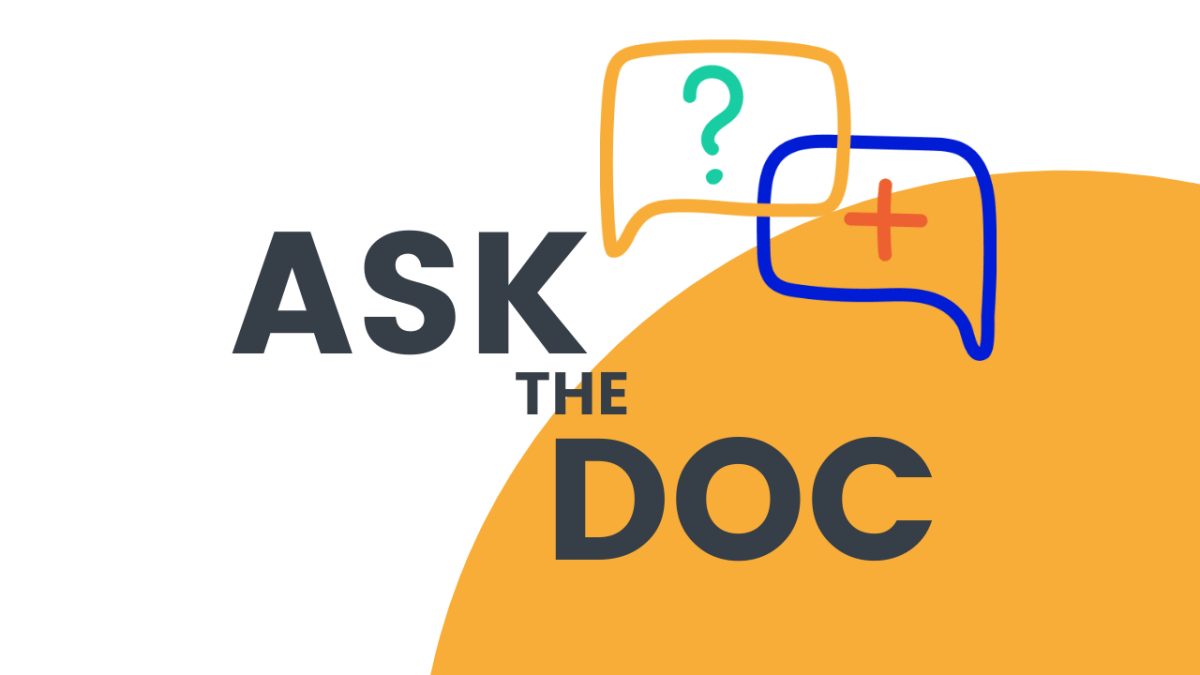A healthy diet is important for a healthy life, as stated by the old saying ‘You are what you eat’. This becomes even more important in today’s world where metabolic diseases are pandemic. During the last decades, low-carb and ketogenic diets have become widely popular ways to lose weight, not only within the scientific community but also among the public. Indeed, these dietary approaches are effective for weight loss, but there is growing evidence suggesting that caution may be needed, especially about their sustainability, safety, and efficacy in the long-term.
In this article, we will explore the possible effects of a low-carb diet on major health outcomes by describing a few pros and cons that you may experience if you ever decide to follow this eating pattern.
Benefits of a low-carb diet
Here are 7 proven health benefits of low-carb and ketogenic diets:
- Reduced appetite – low-carb diets have been shown to suppress hunger which tends to be the worst side effect of dieting. Studies indicate that a diet lower in carbs and higher in healthy fats leads to a reduced daily caloric intake, an important factor in weight loss. Amino acids in protein stimulate the release of several key appetite suppressing hormones that activate satiety centers in the brain while simultaneously suppressing ghrelin “the hunger hormone”. Protein intake also leads to increased satiety duration due to the slower intestinal contractions that are required to allow time to absorb amino acids from food
- Rapid weight loss – cutting down on carbs is one of the easiest and effective ways to achieve a substantial weight loss. This is because low-carb diets deplete water from your body, lowering insulin levels, which leads to increased levels of fat oxidation and thus, rapid weight loss in the first weeks. Even though this eventually plateaus in the long-term, low-carb diets lead to more short-term weight loss than low-fat diets
- A greater proportion of abdominal fat is lost – most of the fat lost on a low-carb diet comes from your abdominal area, a type of fat known to cause serious metabolic problems. This is important for longevity since a reduction in abdominal fat has often been linked to a drastically reduced risk of heart disease and type 2 diabetes
- A significant drop in triglycerides levels – unlike low-fat diets which cause triglycerides levels to increase, low-carbs diets are effective at lowering triglycerides levels which are a strong heart disease risk factor
- Increased HDL and improved LDL cholesterol levels – one of the best ways to increase ‘good’ HDL cholesterol is to eat fat, and low-carb diets are known for their greater fat content. Interestingly, when you consume a low-carb diet, the size of your ‘bad’ LDL cholesterol increases. This reduces its harmful effects. Eating fewer carbs may also reduce the number of total LDL particles in your bloodstream
- Reduced blood sugars and insulin levels – the best way to improve your metabolic profile is to reduce carbs. This can even treat and possibly reverse type 2 diabetes
- Increased energy and improved clarity of thinking – carbs are often viewed as an energy-giving macronutrient but that is only the case if your insulin levels can keep up. If your insulin can’t keep up (common in type 2 diabetes), then your blood glucose levels skyrocket, and you may end up feeling tired and lethargic. A low-carb diet can help relieve brain fog, which often occurs when blood sugar levels remain elevated. Brain fog is characterized by an inability to think clearly. Studies have shown that most people on a low-carb diet experience improved clarity of thinking following the diet
Possible side effects of a low-carb diet
It is important to remember that any significant change to your diet may lead to subsequent side effects and the low-carb diet is no exception. Here are 8 side effects that you may encounter when on a low-carb diet:
- Low-carb flu - restricting carbs for a long time can create problems, such as fatigue and headaches. These side effects are the result of the body passing out fluids and salts from the body during the initial weeks of the diet. This can be, however, minimised by ensuring you are consuming enough salt and stay hydrated more than usual
- Low blood sugar – if you are taking certain medications, such as sulphonylureas or prandial glucose regulators, it is important that you consult your healthcare provider as a low-carb diet could lead to hypoglycemia. This is a condition in which your blood sugar is lower than normal and could be dangerous if left untreated
- Cramps – this may be the result of some electrolyte imbalance due to lost salts, such as potassium, magnesium, and/or sodium. If you experience cramps, ensure you are getting enough potassium. This could be achieved by eating foods that are high in potassium, such as salmon, eggs, almonds, mushrooms, and yogurt. You may also consider a supplement with potassium however this should only be an addition to your diet
- Constipation – this can occur with any change to your diet and is only supposed to last for a few weeks allowing your gut to get used to the change. To avoid symptoms of constipation, ensure you are hydrated and consume a moderate amount of vegetables. If constipation gets uncomfortable, a bulking laxative may help (look for herbal remedies first)
- Decreased thyroid function - to maintain a healthy metabolism, your body produces an important hormone known as triiodothyronine (T3). T3 is the most active thyroid hormone that plays a role in blood glucose management and metabolic function. When carbs and calories are too low, your T3 levels drop. Getting an appropriate amount of carbs can lower reverse T3 levels (which inhibits T3), whilst not eating enough carbs will increase it, thus blocking the action of T3
- Cortisol levels rise whilst testosterone levels go down - several studies have shown that an inadequate carbs intake, especially for individuals who exercise regularly, can decrease testosterone and increase cortisol levels; while negatively affecting performance
- Hormone disruptions - this is particularly important for women whose bodies are more sensitive to low energy intake or carbs availability compared to men. When women don’t eat enough calories or carbs, they may experience hypothalamic amenorrhea. This leads to low levels of luteinizing hormone (LH), follicle-stimulating hormone (FSH), estrogen, progesterone, and testosterone
- Reduced exercise capacity - in the initial stages of adopting a low-carb diet, performance decrements in exercise capacity and muscle strength is common. This effect is usually transient and will pass after an initial adaptation period to the diet which can usually last between 2-4 weeks. This occurs as your body shifts from primarily burning glucose to burning greater levels of fat for energy
Who needs carbs? Who doesn’t?
- Most individuals do best with some carbs - a low-carb diet isn't for everyone! You may do better by consuming healthy carbs, such as sweet potatoes, white rice (basmati), etc., whilst avoiding all the refined carbs (white pasta and bread, cakes, biscuits, and sweets). Introducing healthy carbs into your diet will still keep you lean, improve your sleep and immune function, and keep your thyroid healthy
- A few individuals do best with high-carbs - a very low percentage of the population mainly consisting of ultra-athletes will do well when eating an extremely high amount of carbs. This is especially true for athletes who exercise twice daily where it is crucial to replenish glycogen levels rapidly to ensure no performance decrements in the second daily exercise session
- Some people may benefit from a very low-carb (ketogenic) - ketogenic diets are typically prescribed for people with epilepsy to reduce seizure frequency. Recent evidence suggests that this type of diet also benefits other neurological disorders, such as Parkinson’s and Alzheimer diseases. Furthermore, very sedentary individuals, as well as those who are metabolically dysregulated (obesity, metabolic syndrome, and type 2 diabetes), may benefit from this diet as a transition towards more physical activity and a healthier metabolism. If you wish to do a therapeutic ketogenic diet that is not for the management of a particular disease, it is important to ensure that you work with a registered dietitian or nutritionist who is well versed in the therapeutic application of ketogenic diets (not many of these healthcare professionals exist)!
The take-home message
Every individual is different and will react differently to dietary programs. In fact, what is great for one person, may not be as great for another person. A low-carb diet has been proven to keep blood sugar levels stable and thus, a more stable flow of energy. Therefore, anyone with type 2 diabetes can benefit from weight loss and a reduced-carb diet because it will improve insulin sensitivity. If you are curious to boost your health, a low-carb diet could be worth considering.





Share:
Avocado oil, what’s the hype about?
Keys to Weight Loss & Semaglutide Related Qs